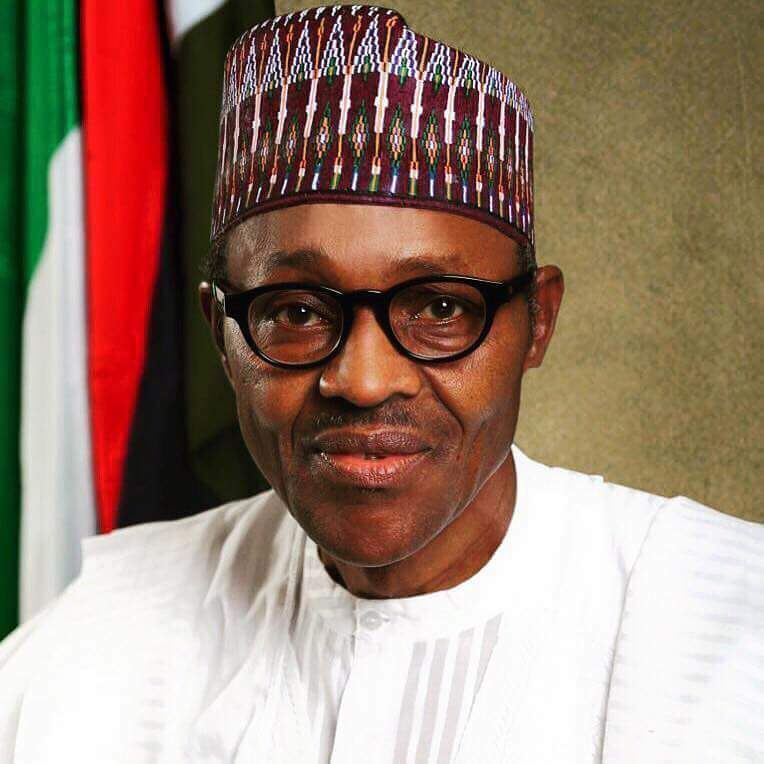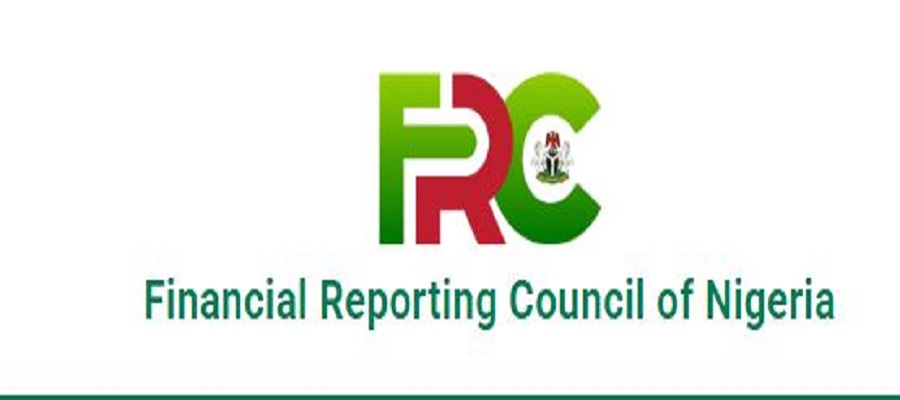General News
Nigeria’s Economy Still Tied to Oil’s Fortunes

By Lukman Otunuga
The Nigerian economy was exposed to an array of risk factors during H2 ranging from severely depressed Oil prices, falling external reserves, geopolitical tensions, and prospects of higher US interest rates.
With economic growth staging a fragile rebound and heavy hitters such as the IMF even downgrading growth forecasts from 2.1% to 1.9%, some may feel Nigeria’s growth prospects remain quite discouraging. Recent reports from the World Bank predicting growth to hover slightly below 2% due to an underinvestment in human capital is likely to rub salt into the wound. With the recent decline in Oil prices negatively impacting government revenues and possible complications to properly enact the 2019 budget, all signs point to tough times ahead.
However, the fact that Nigeria remains on the path to diversifying away from Oil reliance suggests there is still some light at the end of this dark tunnel. It must be kept in mind that the largest economy in Africa has all the required ingredients needed to positively surprise global markets in the coming years. With a population of near 200 million, a youthful workforce and an incredible abundance of natural resources that seem to be underexploited, agricultural development may be the medicine to Nigeria’s illness. If the nation is able to elevate the agriculture sector to a respectable point of self-sufficiency, this will be the first step in creating a stable and sustainable macroeconomic environment. This is part of the government’s increased efforts to develop infrastructure to stimulate growth further.
The presidential elections in February will certainly be a double-edged sword for the Nigerian economy. Economic growth has the potential to expand next year thanks to increased government spending ahead of the elections. However, increased spending will inevitably rekindle inflationary pressures ultimately forcing the Central Bank of Nigeria (CBN) to re-evaluate its monetary policy stance. While speculations were initially rife over the CBN cutting interest rates in an effort to support growth, rising interest rates in the United States and Dollar strength resulted in the CBN missing the window of opportunity. With the new minimum wage in Nigeria likely to stoke inflationary pressures and falling Oil prices weighing on the Naira’s peg against the Dollar, higher interest rates may be enforced to maintain reserves.
Focusing on foreign exchange, the Naira’s stability against the Dollar remains the product of repeated intervention by the CBN. Higher Oil prices during the third trading quarter helped the CBN defend the Naira against an appreciating Dollar. With market conditions changing drastically and Oil weakness currently a dominant market theme, the CBN may face difficulties supporting the Naira.
As we head into the final trading month of 2018, the outlook for the Nigerian economy is poised to remain heavily influenced by Oil prices, the Dollar, global trade developments and pre-election jitters. Although consumer prices in Nigeria eased in October to 11.26%, government spending, and the new minimum wage are seen rekindling inflationary pressures. With the Fed expected to raise interest rates in December, Nigeria is at risk of experiencing capital outflows. Oil prices remain gripped by concerns over excessive supply in the markets and fears of falling demand – themes that may translate to falling government revenues and vulnerable Naira exchange.
Investors will be keeping a very close eye on the pending GDP report for Q3 which should provide fresh insight into the health of the largest economy in Africa. Sentiment towards the nation could end the year on a positive note if economic growth during the third trading quarter meets or exceeds expectations.
General News
NCS to Launch Electronic System for Cash Declarations at Airports

Nigeria Customs Service (NCS) is set to introduce an electronic declaration system to streamline and enhance compliance for travelers carrying cash into or out of Nigeria.

Speaking in an interview with the News Agency of Nigeria (NAN) in Abuja, Abdullahi Maiwada, NCS spokesperson, emphasized that the initiative aligns with efforts to strengthen Nigeria’s anti-money laundering framework and reinforce financial regulations.
“The Nigeria Customs Service (NCS) has announced the deployment of an Electronic-Currency (E-Currency) declaration form as part of its anti-money laundering measures for travelers carrying cash into and out of Nigeria,” NAN reported. The system will require travelers carrying amounts exceeding the legal threshold to declare them before arrival or departure.
Maiwada further explained the process, stating, “We have developed a system where, even before leaving your point of origin, you can scan a QR code, access the form, fill it out, and we will be able to see it from here.”
He noted that the initiative, set for rollout soon, will enhance monitoring and facilitate information sharing with relevant authorities.
Under the Anti-Money Laundering (Prevention and Prohibition) Act 2022 and the NCS Act 2023, travelers carrying over $10,000 (about N15.4 million) or its equivalent in negotiable instruments must declare the funds to Customs authorities.
To boost awareness, the NCS is working with airline operators to inform travelers through onboard announcements and plans to reinstate signage at airports and border points in English and French.
The move comes as part of broader efforts to tighten financial controls following a recent case at the Murtala Muhammed International Airport (MMIA), where Customs officials seized $578,000 from a passenger attempting to evade currency declaration regulations.
General News
Aquaterra Energy Secures Multi-million-dollar well Intervention Contract with Intrepid Energy in Nigeria

Aquaterra Energy, a leader in offshore engineering solutions, has secured a multi-million-dollar, multi-year contract with Intrepid Energy Limited (IEL) to deliver a bespoke subsea well intervention equipment package for a project in Nigeria.

Aquaterra Energy’s turnkey well access package will enable IEL to conduct intervention operations across multiple mature oil wells in the region, supporting enhanced reservoir production.
The contract includes the supply of a complete seabed-to-surface intervention system and package, spanning from the subsea tree to surface intervention equipment.
Key components include Aquaterra Energy’s TRT tieback tooling, which provides production bore and annular access, a lightweight well pressure control system, and an ISO 13628-7 qualified open water intervention riser with an integrated tensioning system. In addition to equipment provision, Aquaterra Energy will also deliver ongoing offshore engineering support throughout the project.
The 7- 3/8” lightweight well access solution, has been specifically engineered for deployment from jack-ups and lift boats. This innovative approach offers a cost-effective and operationally efficient alternative to floating vessels, reducing intervention costs while maintaining high safety and performance standards.
Andrew McDowell, Delivery Director at Aquaterra Energy comments: “Our expertise in offshore engineering allows us to develop tailored intervention solutions that address the operational challenges of subsea well access.
This system has been engineered for efficiency, ease of deployment, and safety, helping IEL optimise intervention activities across Nigeria while reducing costs. By delivering a complete, integrated package, we are simplifying complex operations and enabling operators to maximise production potential.”
Engr Seun Alonge, CEO at Intrepid Energy Limited adds: “Working with Aquaterra Energy marks a significant step forward for our intervention operations in Nigeria. Their specialised technology enhances our ability to execute intervention programmes efficiently, maximising performance across our assets.
By combining Aquaterra’s technical expertise with our deep understanding of the local operating environment, we’re confident this collaboration will enhance production outcomes and create lasting value for our operations in the region.”
The project is set to support intervention operations over multiple years, with Aquaterra Energy providing ongoing technical expertise, with a dedicated team of engineers providing ongoing service support throughout the project.
George Morrison, CEO at Aquaterra Energy: “Delivering reliable and efficient well access solutions for shallow water subsea operations is central to how we support offshore operators.
This collaboration with IEL reinforces our commitment to providing cutting-edge engineering solutions that enhance efficiency and reduce operational costs. With West Africa playing an important role in the global energy sector, we’re proud to continue supporting its offshore industry with our expertise and innovative technologies.”
General News
FG Halts Controversial FRC Dues amid Industry Outcry

Federal government has temporarily suspended the controversial annual dues imposed on public interest enterprises by the Financial Reporting Council (FRC) after fierce opposition from businesses.

Jumoke Oduwole, minister, Industry, Trade, and Investment, announced the decision during a Ministerial Consultative Meeting in Abuja on Wednesday.
The move follows mounting pressure from private sector groups, including the Nigeria Employers’ Consultative Association (NECA) and the Manufacturers Association of Nigeria (MAN), who slammed the Financial Reporting Council (Amendment) Act 2023 for burdening companies with excessive fees.
The Act mandates cumulative annual charges for non-listed entities and imposes a harsh 10% monthly penalty on unpaid dues, compounding until full payment, a provision that sparked widespread backlash.
At the meeting, major industry players like NECA, MAN, the Nigerian Association of Chambers of Commerce (NACCIMA), oil producers, and telecom operators warned that the fees would cripple businesses already struggling in a tough economy.
Oduwole clarified the suspension, stating, “The government has decided to direct the Financial Reporting Council to pause in the implementation of the new annual dues. You know that I am a lawyer, and a suspension request by the organised private sector would be in contravention of legislation duly passed by the National Assembly. A pause is an administrative process simply to review, in line with what we discussed today.”
She assured stakeholders that the halt would last no longer than 60 days, with a technical working group—including FRC officials and private sector representatives—set up to reassess the policy.
“We are a listening administration. The private sector has requested a range from three months to an indefinite suspension. We are not going to do that. So, at the most, 60 days is in my estimate. We are going to set up a technical working group comprised of the FRC and the organised private sector who have formally written in, and this will be reviewed,” Oduwole emphasized.

 News3 days ago
News3 days agoCourt Throws Out Falana’s Fraud Case against Ekeh, Zinox Boss and Others

 E-Financial3 days ago
E-Financial3 days agoHeritage Bank Depositors Seek National Assembly’s Help to Recover Trapped Funds

 Telecom2 days ago
Telecom2 days agoAgain, Labour Fumes, Threatens Shutdown of Telcos over Non-Implementation of 15 Percent Tariff Reduction

 Telecom3 days ago
Telecom3 days agoNokia Unwraps 5G Gateway for Home Internet

 News3 days ago
News3 days agoFG to Halt Solar Panel Imports, Pushes for Local Manufacturing

 News2 days ago
News2 days agoNNPC Ready to Go to Capital Market for IPO- CFIO

 E-Business2 days ago
E-Business2 days agoQNET Disassociates From Fraudulent Academy in Abuja, Supports EFCC Arrest

 News3 days ago
News3 days agoFG Receives N1Bn Grant from Airtel Africa to Boost 3MTT Programme



























